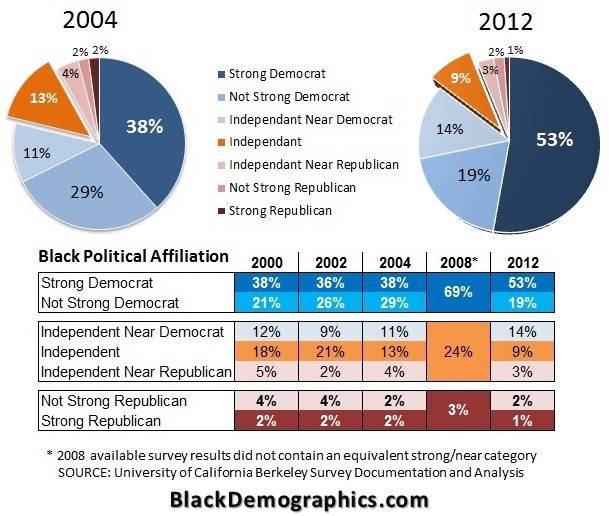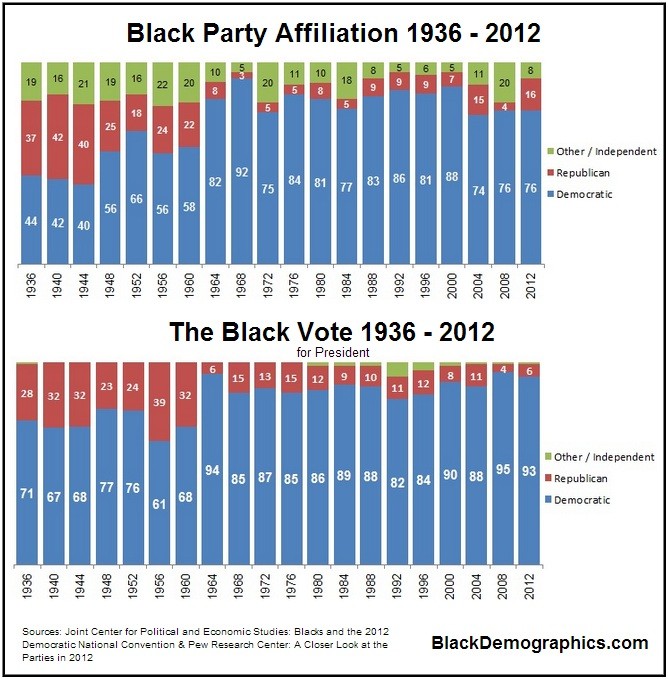Doesn't most of the silly stuff come from the 1920's iteration of the Klan, and not the 1870's-80's version?
The first Klan was more about tactics, operating illegal profit making ventures and terrorizing Yankees and blacks.
The Second Klan was more about imitating a movie and pretending to be heroic champions of white Protestants.
And the third clan was a less organized version of the previous ones fighting against the 60's civil rights movement.
I wouldn't consider today's version of the Klan as a separate iteration, just the remains of the 60's version.
Some historians count three or even four Klans. I resist that since officially, in terms of organizations that had finite beginnings and endings, there were two (1865-1869 and 1915-1944). Activity beyond those periods has been unofficial copycats playing dress-up but not in any way a coordinated structure.
There was a guy in 1949 named Samuel Green who started to make noises about re-starting another Klan but he got mired in legal tangles about whether or not he was restarting the previous one (which would have made him liable for that back tax bill) and happily he dropped dead of a heart attack.




